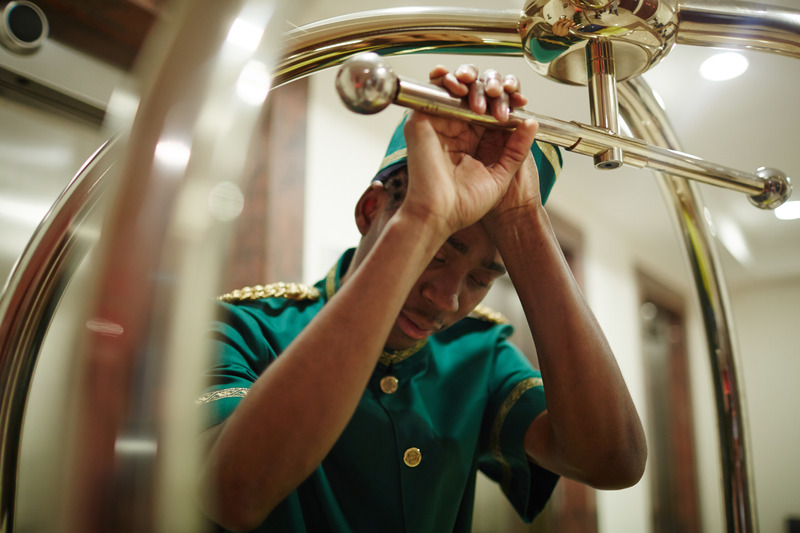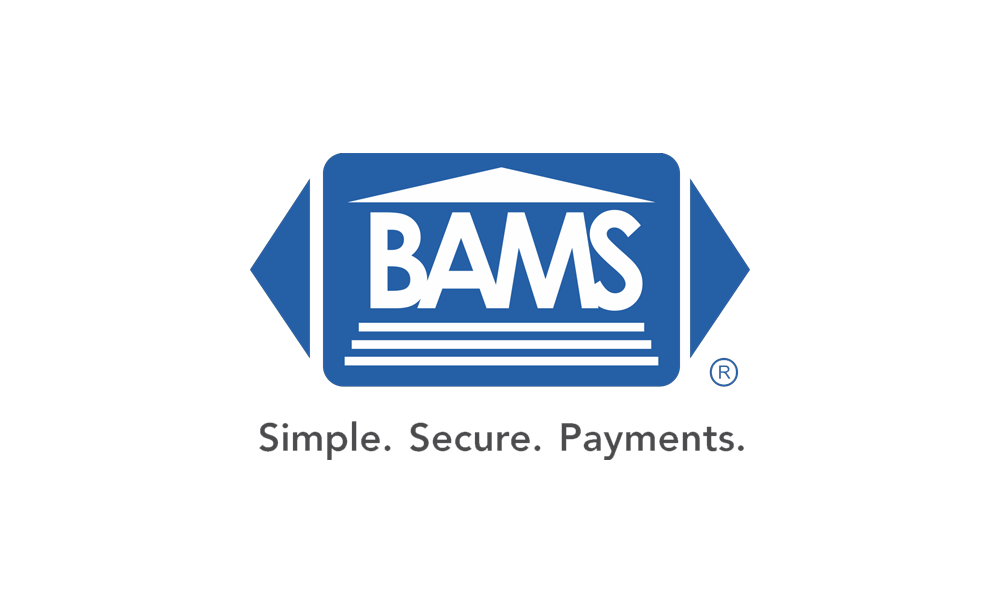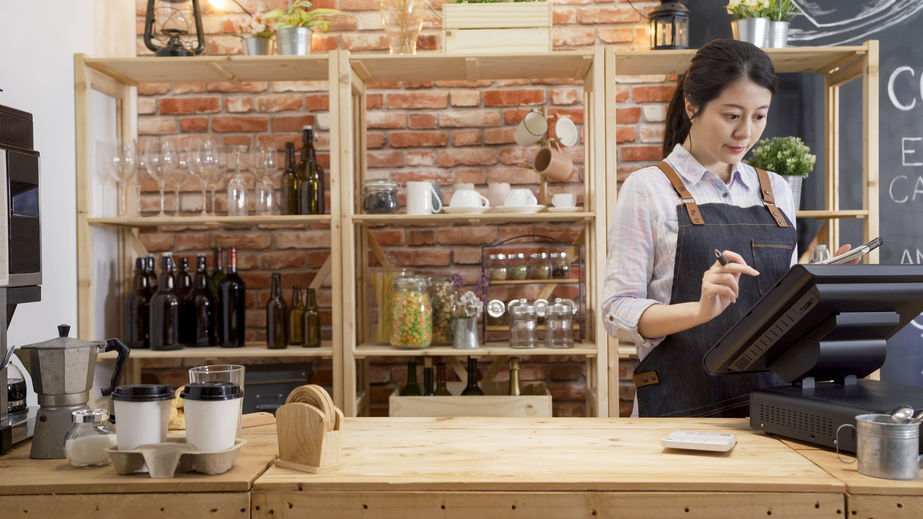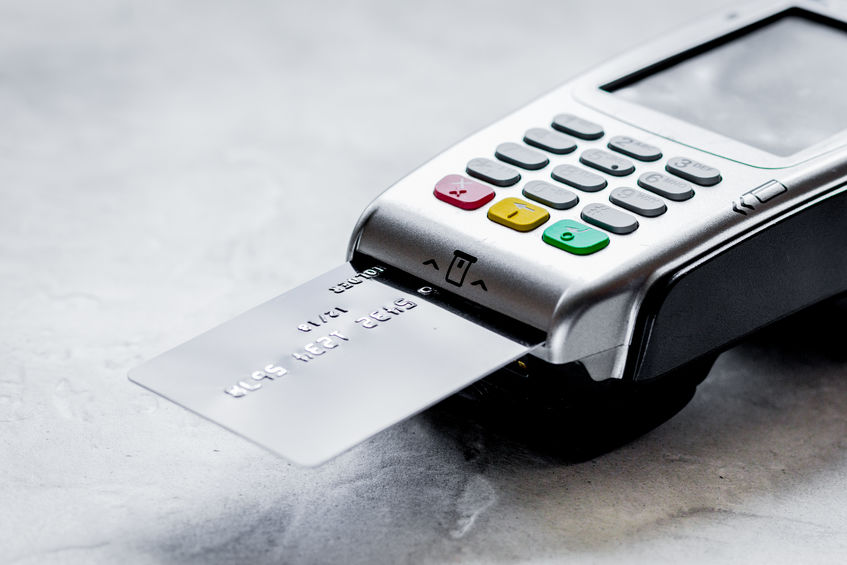5 Solutions to Help Hospitality Industry Survive COVID-19
COVID-19, during late 2019, a novel coronavirus emerged in Wuhan, China. The world watched with curiosity as the Chinese government locked down the city to contain the spread of the disease. In 2002/2004, the CCP managed to stop the spread of the first SARS coronavirus, with the virus taking less than a thousand lives.
However, this time the world reeled in shock as the virus escaped China and infected every corner of the globe except a few isolated island countries and homelands. With the pandemic spreading fast, economies came to a grinding halt as all sectors shut down in response to government directives to limit local outbreaks.
Among the hardest-hit sectors of the economy, feeling the wrath of COVID-19 are the travel and hospitality industries. With airlines grounded around the world, and lockdowns forcing hotels to shut down, how can hospitality survive the current business climate?
The Issue
COVID-19 caught many hotels and accommodation-based businesses by surprise. It’s been over 100-years since the last pandemic. However, governments seemed to fail to plan for the possibility of another deadly outbreak.
As a result of a lack of preparation, most industries find themselves without a disaster plan for this scenario – including hospitality. The challenges facing hospitality are many, and some of them are due to external forces that are beyond control.
Governments ground flights across the globe as lockdown measures leave airlines facing bankruptcy. Surviving the pandemic is too much for some airline owners to bear. Even Richard Branson says he’s looking for a buyer for Virgin Airlines, as of April 2020.
Local tourism is also facing challenges with lockdown measures slowing affiliated industries providing entertainment food, and experiences for travelers. It was travelers that spread the disease out of China and into other regions of the globe.
It’s clear there is no way that global travel and entertainment will ever go back to normal. In the United States, casinos on the Las Vegas Strip are not facilitating roles as food banks. At the beginning of 2020, some 70% of Americans were living from paycheck to paycheck.
Household and consumer debt are at record levels, and the pandemic ushered in the most significant increase in unemployment figures in US history. As a result, people are going broke, and have no means to pay off debt. It’s hard to think about booking that hotel on Florida beach when you have no money coming in, and a mountain of debt.
What Are the Solutions?
The economic hardships facing the hospitality industry come from several areas that might take months or even years to recover. Some experts speculate that recovery may never happen and that hotels and other hospitality businesses like catering, entertainment, leasing, and other related companies are all at risk of bankruptcy.
The globe is facing the most significant decline in economic activity in history. Still, there might be a light at the end of the tunnel for those hotels and hospitality businesses that manage to adapt to the “New Normal” in the second pandemic of the modern era.
Hospitality needs to understand that things aren’t going back to the way they used to be for some time. Accepting this situation is the only way that management can start to plan to overcome the current challenges and keep the business moving forward.
There are many challenges to navigating your business through this pandemic. One of them is that everyone is on a level playing field with this thing. In other words, no company or business consultancy has ever had the experience of living through a pandemic in the modern era.
The Spanish Flu of 1918 was a crippling event to the world, but it’s nothing like the impact the very start of the COVID-19 pandemic is having with industries 100-years later.
Leading medical experts are now saying that there’s the possibility COVID-19 could hang around for longer than we think. Some experts say we could have waves of epidemics for the next 2-years until we achieve herd immunity.
So, in the long-term, planning for survival in the hospitality industries requires the creation of a disaster management plan. That plan should include preparations for up to 36-months. That’s a significant challenge for many businesses to deal with and requires enormous changes to business models.
Managers need to work with the C-Suite to come up with solutions and execute them at all levels of the customer and employee experience.
Here are a few ideas to help hospitality leaders navigate through the initial stages of the pandemic. Survival is about adapting through adversity, and COVID-19 presents hospitality with the most significant threat to business survival in industry history.
Use this time to come to terms with the situation and plan the steps you need to take to transition.
1. CX – What are the Changes to the Customer Experience?
Life before the pandemic is going to be a thing of the past. We all want things to go back to the way they were, and we hope they do as soon as possible. However, as the saying goes, “Hope for the best and plan for the worst.”
Managers and owners need to sit down and discuss what they think a return to work, and normalcy will look like in their business. Hotels need to think about observing new social distancing rules and implementing that in movements throughout the building.
How is it possible for hotels and other establishments to gather guests in restaurant areas, in entertainment venues like casinos, and outdoor spaces like courtyards and theaters? When will the government phase in the reopening of the economy to allow movement?
These are all critical concerns that need inclusion in a disaster management plan for hospitality during the COVID-19 pandemic.
2. EX – What are the Changes to the Employee Experience?
It’s one thing to plan for the possible fallout from lack of customers, but management needs to appreciate the changes to EX as much as CX. Retaining top talent is going to be challenging in these times. Holding onto your critical employees as revenues dry up is a challenge.
Employers will need to decide how much financial pressure they can absorb before they cut down on the workforce. Look to the government for assistance and see if your hospitality business qualifies for financial aid from a federal relief program.
When the economy reopens, and you return to operations, how will you protect your employees? Losing employees to illness can upset the balance in the workforce. COVID-19 infections can last for up to 4-weeks or longer, and how would an outbreak in your hotel curb staff operations?
3. What Are the Changes in Tourism and Customer Expectations?
When the economy reopens, and people start moving around, we can expect there to be a massive rush as lockdowns lift, and people try to escape to freedom of movement. The summer is coming, and if the people have the option to move around, we can expect plenty of them to visit.
What are the challenges facing your business regarding PPE (Personal Protective Equipment), and how can you implement it for your guests and employees? Rolling out safety initiatives to improve both CX and EX is paramount to overcome these challenges.
4. What are the Changes in Consumption Patterns?
In the interim, while hotels wait for the economy to reopen, they need to rethink how they allocate resources, and where they can create cash flows from secondary markets. Getting creative might help you open new income streams that bring in money to float you through tough periods.
For instance, moving the kitchen to a takeout business or a home grocery supply might be a way to diversify resources to create income. Look at current supply chains and client demographics to understand local markets you can enter.
5. Revisit Legacy Systems and Asset Management
During the lockdown and shutdown period, use the time to revisit legacy systems and antiquated asset management procedures that require revamping. Hotels need to examine assets that fail to bring in income or add to overheads. During these pandemic times, it’s wise to get the business as lean as possible and free up as much cash as possible.
Now is the time to start looking at outdated systems, replacing them with new solutions that benefit your processes. POS integrations, booking systems, supply chain management, and digital workflows are all areas that require attention. This tech allows you to minimize interactions on a physical level with guests, while still retaining system functionality.
Hotel management needs to focus on optimizing all asset strategies—refurbishing and renovating high-value assets during the downtime to cater to changes in customer needs.
For example, Las Vegas is in the process of introducing barriers to playing tables that protect dealers and players. The goal of these systems is to provide a subtle but effective solution for preventing accidental social transmission.
Wrapping Up – The Future Remains Uncertain
Those hotels that adapt to change in this time will be the ones that make it out of the other side of the pandemic. While we remain hopeful, it’s too early to tell the outcome of the effects of COVID-19 on the hospitality industry and the global economy.
No-one can tell us for sure what will happen in the future. However, we can bet there is plenty of pain ahead. Hospitality needs to prepare for the coming changes and do all they can to adapt to industry changes at a consumer, employee, and regulatory level.
With everything going on is important to save money, we at BAMS can help your hotel save money every month on your merchant statement, begin your five-point price comparison today.




